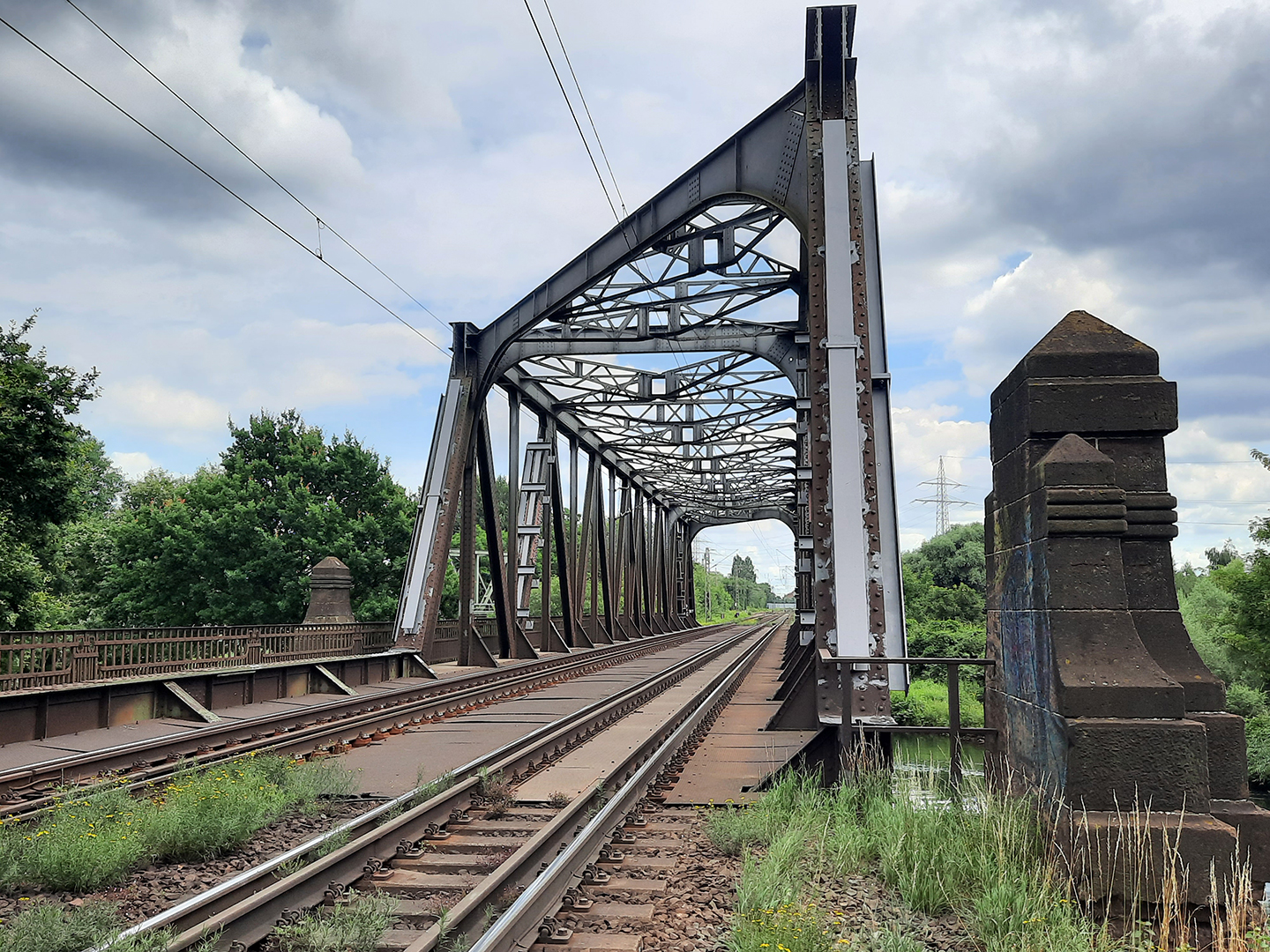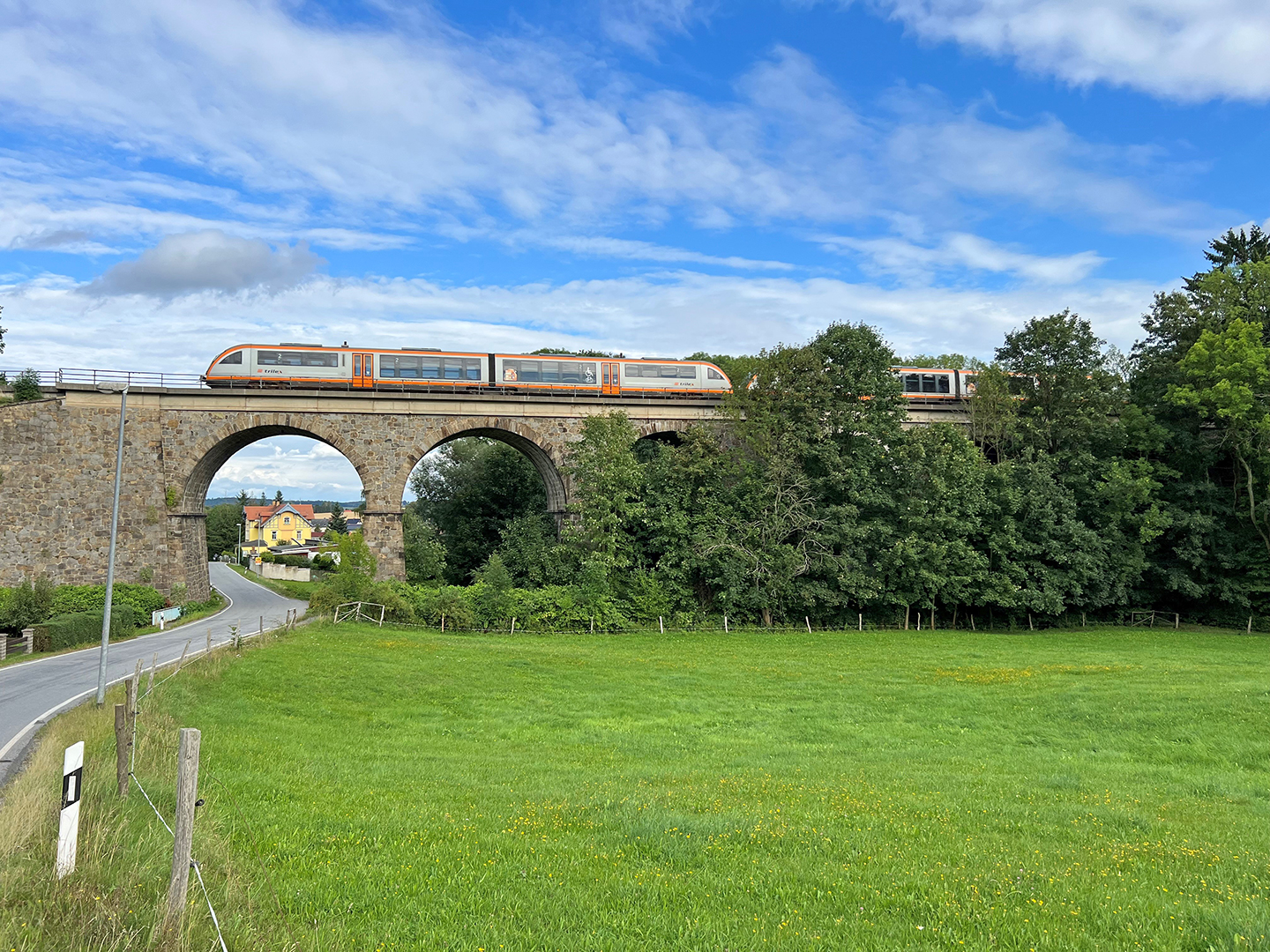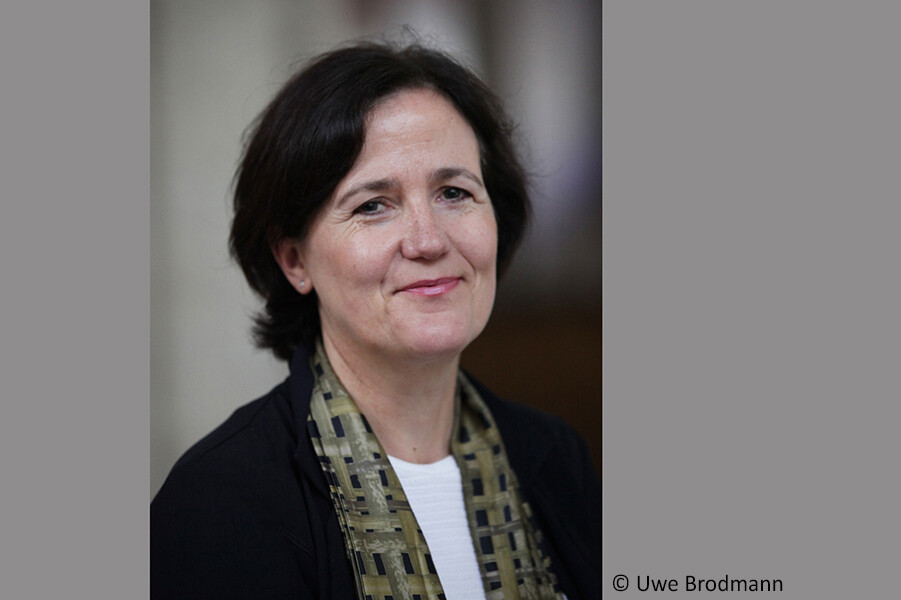Railroad Bridges – Monuments in the Network – Dynamic Balancing
Within the framework of Priority Program 2255 “Construction as cultural heritage”, the development of railroad bridge construction in the phase of high modernity has been researched in an interdisciplinary manner as a subject of the history of construction technology and the preservation of monuments. For this purpose, the competences of the Institute of Concrete Structures of the TU Dresden and the Lower Saxony State Office for the Preservation of Monuments were converged in the research project “Railway Bridges – Monuments in the Network”. A fundamentally new approach was the contextualization of the individual structures in the entirety of the railway network. Due to the network view on the one hand and the structural change dynamics of the individual structures on the other hand, the concept of monument can and must be expanded.
The project “Railway Bridges – Monuments in the Network – Dynamic Balancing” will take up, deepen and validate the results as its follow-up project. In the first funding phase from 2020 to 2023, new, expanded criteria were established for the historic preservation assessment of railroad bridges. The overarching goal of the second funding period applied for here is the validation of these criteria and the transfer of the top down/bottom up approach to the balancing of substance preservation/losses as a result of rehabilitation measures.
In this way, it will be possible in the future to evaluate the assessments of structural requirements, structural changes and monument-related monitoring for individual structures, lines and networks as an overall view in the sense of dynamic balancing. The monument-related evaluation criteria will be defined on the basis of example structures selected in the project’s first period. In order to determine the general validity of the criteria, they must be validated in the second funding phase on newly selected railroad bridges over the entire period of use and change of these objects. For this purpose, new objects of investigation will be selected and detailed information will be obtained.
In the second step, the change histories are worked out for the selected examples and the points in time are determined at which the last alteration measures affecting the monument value were carried out. Thus, there is a time layer before the last change and one after. The aim is to find out which decisions led to the preservation of the buildings or to their demolition and how these decisions affected the monument status. From the retrospective evaluation, the overarching processes for decision-making becomes apparent and can be addressed for future preservation.
In order to verify a possible generalizability, the knowledge gained and the assessment method developed will be transferred to other infrastructure and engineering structures that are also in a network context, have a long continuity of use, and are subject to immanent change.







